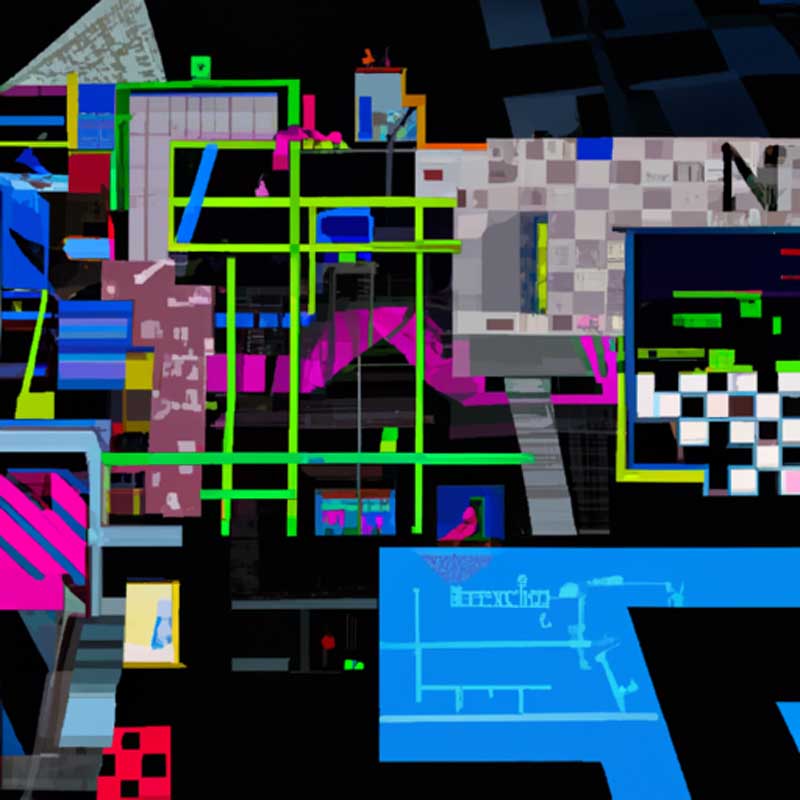The Chief Justice of the Supreme Court, John Roberts, has stated in his annual report that federal courts will be “significantly affected” by artificial intelligence (AI). While he emphasized that machines cannot fully replace humans in the courtroom, he acknowledged that AI will play a role in the future of judicial work. Roberts compared the adoption of AI in courts to how judges eventually relied on computers and copy machines. He also mentioned that several committees of the Judicial Conference are reviewing the courts’ use of AI.
Roberts highlighted the limitations of AI, such as the human nuance required in measuring a defendant’s remorse. He stated that small details like a shaking hand or a change of inflection can have a significant impact on a case. However, he predicted that AI will have an impact on how judges understand the role of technology in cases and how they perform their job. The potential changes in judicial work will likely be most noticeable at the trial level.
The adoption of AI in courts is not limited to federal courts. The New York Times recently sued OpenAI and Microsoft, claiming that they used the newspaper’s content to train their AI chat bots without permission, potentially leading to a Supreme Court review. The misuse of AI by attorneys has also been a concern, with former President Donald Trump’s lawyer Michael Cohen admitting to relying on AI to generate fake legal opinions.
In his report, Roberts also mentioned the historical adoption of technology by the Supreme Court, noting that the court did not have a copy machine until 1969. The justices gradually embraced technology, with one justice renting a Wang computer in 1976. However, Roberts pointed out that even today, a significant portion of the court’s work is conducted on paper.
The report did not address the recent ethics controversies that have affected the Supreme Court, such as the adoption of a code of conduct in response to revelations about travel expenses and other ethical lapses by justices.
